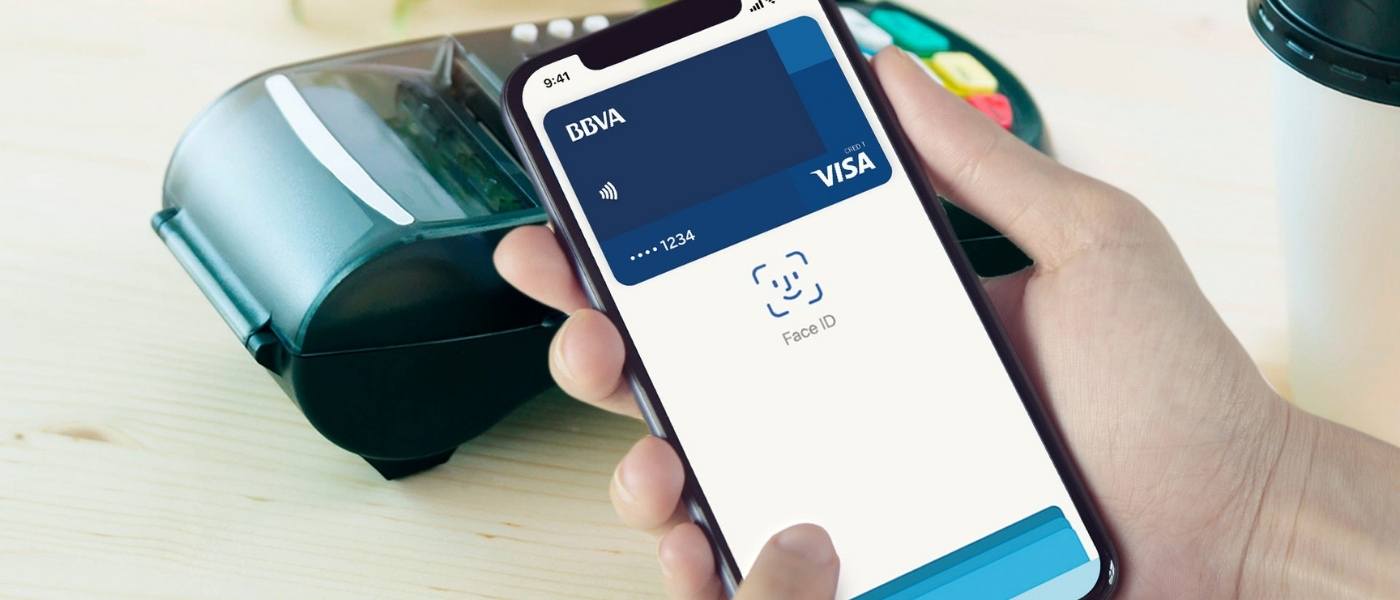The European Commission accused the American multinational Apple last Monday for its dominant position with Apple Pay. This is an antitrust case focused on Apple Pay on iOS devices. Competitors cannot provide NFC-enabled contactless payments on the iPhone to develop other mobile wallets and compete fairly.
The Commission indicates that NFC is a standard technology for contactless payments and should be open to anyone. Thus, Apple prevents mobile wallet application developers from accessing the hardware Y software necessary on their devices, for the benefit of their own solution, Apple Pay.
Mobile payments play a rapidly growing role in our digital economy. It is important for the integration of European payment markets that consumers benefit from a competitive and innovative payment landscape.
Margrethe Vestager, Executive Vice President of the European Commission.
The main problem was that NFC was available on almost all payment terminals, but only Apple Pay can wirelessly communicate with payment terminals via NFC. It’s a standardized, secure and seamless way to pay, which could explain why Apple Pay gained market share.
For its part, Apple argued that the priority of its payment service is the security of its users and communications between devices. Additionally, it has ensured equal access to NFC, while setting industry-leading standards for privacy and security.
We will continue to work with the Commission to ensure that European consumers have access to the payment option of their choice in a secure environment.
Hannah Smith, Apple spokesperson.
